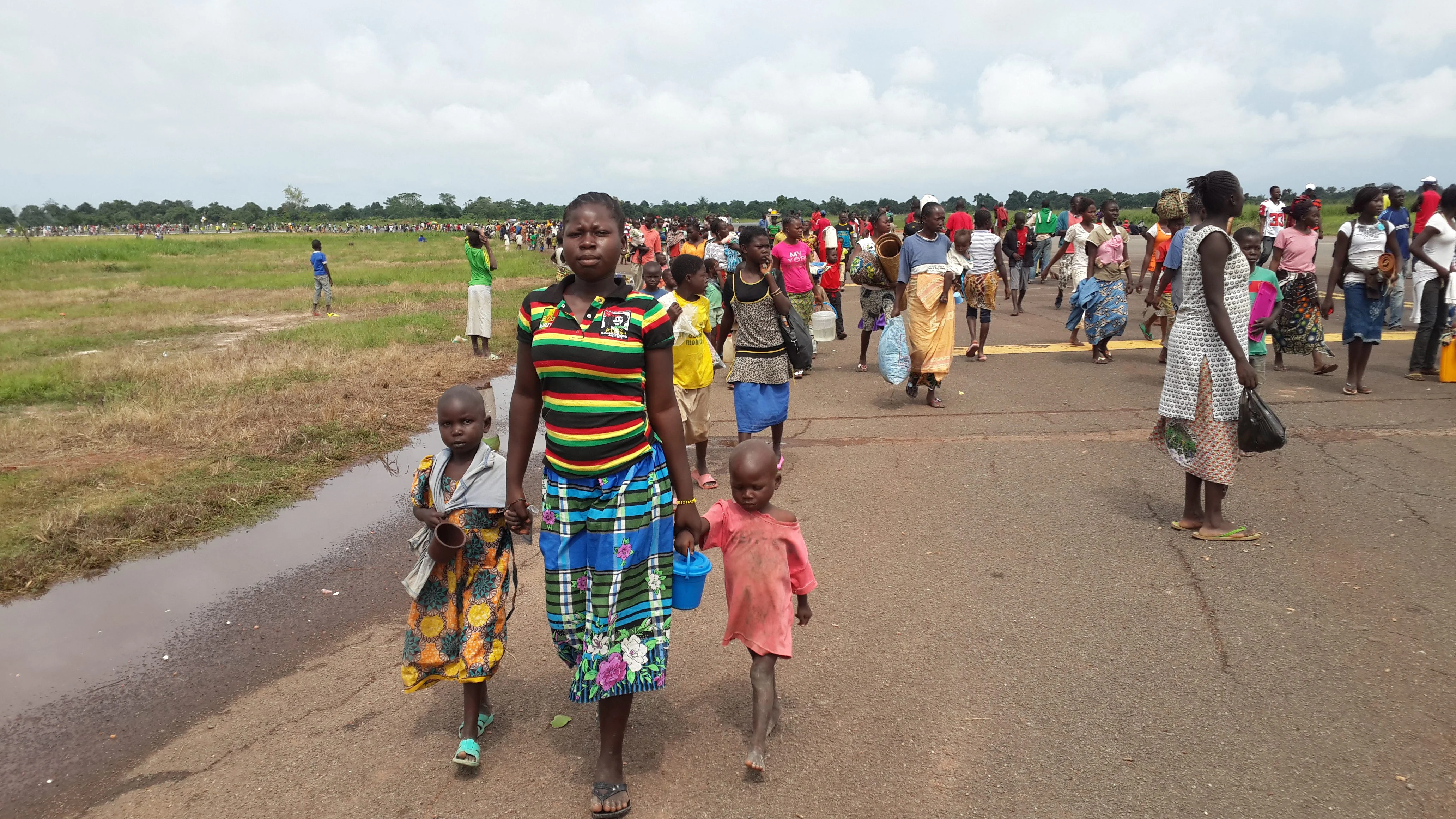
By Nosisa Purazi
Fadzai Hlomani (46), a small-scale farmer from village 18b in Insiza district says although living in a harsh semi-arid environment, unlike her counterparts, she is able to produce whatever food she wants at any time of the year because of adopting water harvesting and other agroecological practices.
“We used to struggle to grow crops here because the land is dry. After learning about water harvesting and growing food in a sustainable way, I no longer struggle to feed my family as I can grow anything I want at any time,” she says.
Fadzai says it was her struggle with rearing small livestock and crop production that prompted her to explore alternative ways of farming. She adopted water harvesting in the 2022/2023 farming season after learning about it from her friend who has been practicing water harvesting. She says she not only learnt about water harvesting but also about agroecological practices that conserve the environment.
Fadzai then went on to use the knowledge she had gained to conduct landscape design on her homestead, setting up water harvesting structures to feed her garden.
“I managed to design my garden in a way I can trap runoff in order to keep the portion I want moist and wet. In the 2022 to 2023 farming season, I prepared beds for different vegetables. I started by digging infiltration pits and deepening water channels so that I can collect as much water as possible, after that I prepared some mulch for my garden to provide soil cover. These interventions have helped to ensure water retention and the success of my crops,” she says.
Fadzai says adopting water harvesting and agroecology was one of the best decisions she has ever made.
Melusi Ndlovu (67) the headman for village 18a says sustainable practices of producing food are the key to ensure community resilience.
“I would want to thank farmers like Fadzai and others in this community for taking a proactive approach to the community’s economy through their hard work. We have seen major changes ever since farmers started producing food in more sustainable ways,” he says.
Headman Ndlovu also says he and other traditional leaders in Ward 17 and the surrounding communities have volunteered to work hand in hand with key stakeholders like the Rural District Council, the Environmental Management Agency (EMA) and Forestry Commission for sustainable and collaborative environmental conservation.
Temba Busangabanye (47), ward 17 Agricultural Technical Extension (AGRITEX) officer says government is working with smallholder farmers to promote such sustainable initiatives in the face of the climate crisis.
“Agroecology has offered a sustainable alternative for smallholder farmers. l managed to help the farmers to connect with other government partners in agriculture who help them with other resources in practicing agroecology for example seeds, workshops, and seed fairs, where they get more information,” he says.







